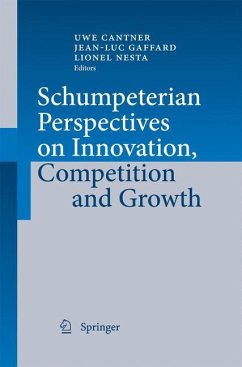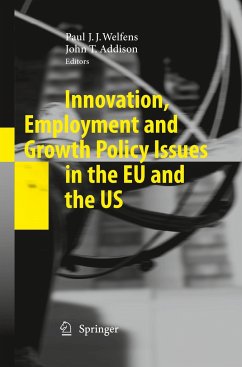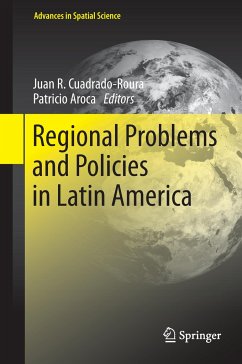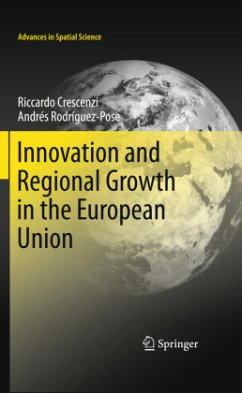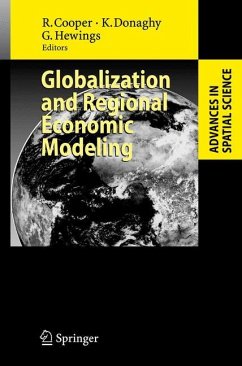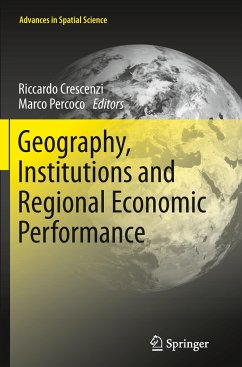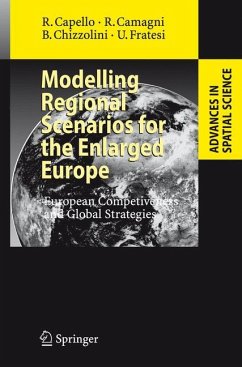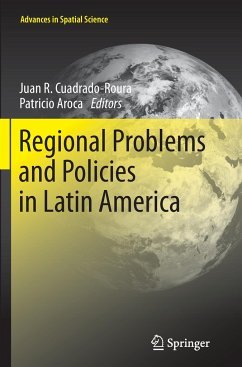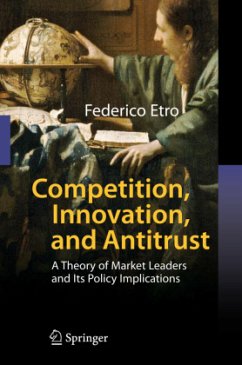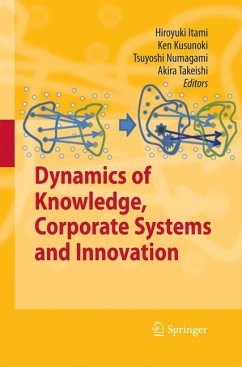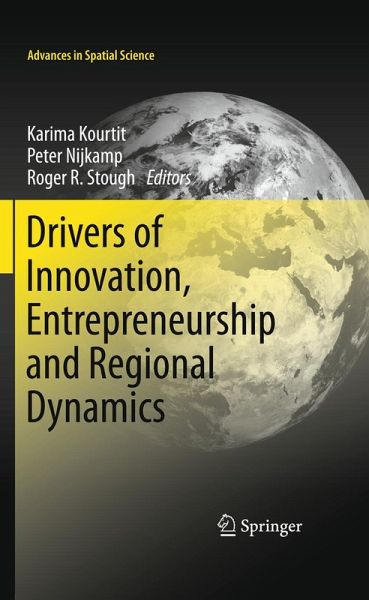
Drivers of Innovation, Entrepreneurship and Regional Dynamics
Versandkostenfrei!
Versandfertig in 6-10 Tagen
113,99 €
inkl. MwSt.

PAYBACK Punkte
57 °P sammeln!
The need for informed and effective insights into key concepts and models of regional development and growth, from an endogenous growth perspective, has risen over the past decade. These recent advances address in particular local and regional assets and characteristics comprising inter alia creativity, knowledge, innovation forces and entrepreneurship. Access to and exploitation of these modern forms of human and social capital are of paramount importance for the dynamic regional economic environment in a city or region. This volume offers an overview and critical treatment of the spatial-eco...
The need for informed and effective insights into key concepts and models of regional development and growth, from an endogenous growth perspective, has risen over the past decade. These recent advances address in particular local and regional assets and characteristics comprising inter alia creativity, knowledge, innovation forces and entrepreneurship. Access to and exploitation of these modern forms of human and social capital are of paramount importance for the dynamic regional economic environment in a city or region. This volume offers an overview and critical treatment of the spatial-economic roots, opportunities and impacts of new growth strategies, mainly from an evidence-based perspective. In the various contributions to this volume, relevant findings and strategic options are interpreted and discussed from both an analytical and a policy perspective to help cultivate creativity, human capital development and innovation as well as entrepreneurial activity, with a view toexploit the drivers of economic development, in order to strengthen the competitive edge of cities and regions.





